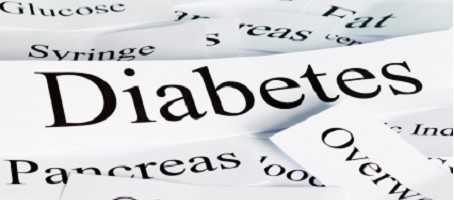New research suggests that different kinds of fats have different effects on cholesterol levels.
The study, published in the Journal of the American Heart Associatio, was conducted on 39 healthy adults, who had an average age of 27. The participants were required to eat three muffins a day, in addition to their normal diets, with the intention that each participant gains three per cent of their body weight over the seven week time period.
Half of the participants were given muffins containing unsaturated sunflower oil. The muffins eaten by the other half were made with saturated palm oil. The muffins all had high sugar and carbohydrate levels.
The study found that, although both groups displayed equal weight gain, the participants who had eaten polyunsaturated oils had nine per cent less ‘bad’ cholesterol when compared to those who had eaten the saturated oils. Both groups also developed higher levels of insulin resistance, which is a common indicator of diabetes risk.
There are two forms of cholesterol: Low-density lipoprotein (LDL), known as ‘bad’ cholesterol, and high-density lipoprotein (HDL), or ‘good’ cholesterol. HDL removes LDL from the arteries, thus helping to prevent the arteries from becoming clogged.
“Dietary fat composition thus seems to be important during weight gain,” write the authors, “which is a novel finding that could have clinical implications in the long term.”
The purpose of the study was to discover how different dietary fats affect cardiometabolic risk, that is, the risk of developing heart disease, type 2 diabetes, or stroke. For people with diabetes, the function of HDL tends to be reduced, meaning that heart disease and strokes are more common. It is important, therefore, for people with diabetes to understand the implications of their fat intake.
What's new on the forum? ⭐️
Get our free newsletters
Stay up to date with the latest news, research and breakthroughs.







